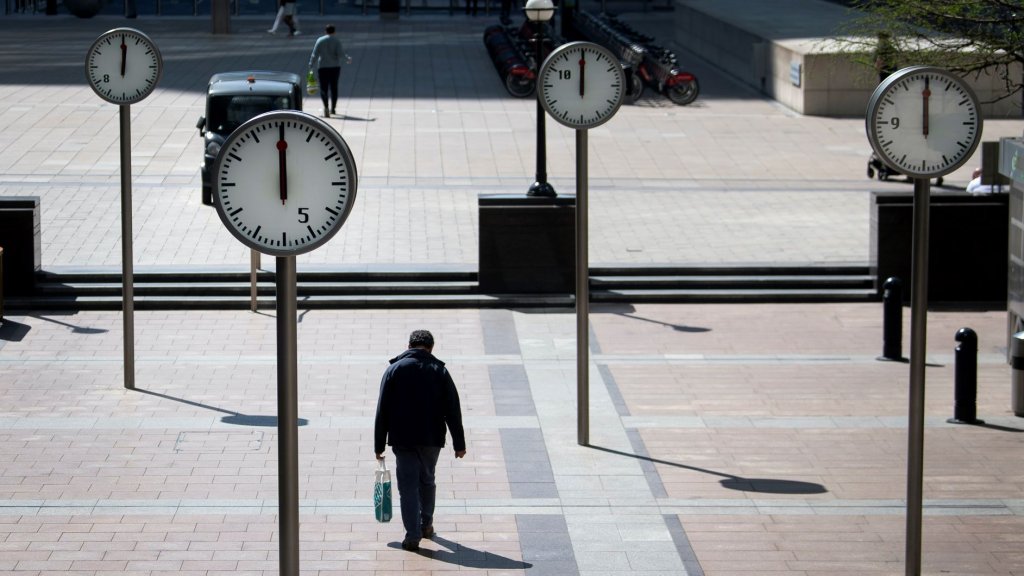
Another record month for British pay growth put the Bank of England on track to raise interest rates once again, perhaps for the last time in the current cycle, as data on Tuesday also pointed to a cooling labour market.
Average weekly earnings growth in the three months to July rose to 8.5% in annual terms, up from 8.4% a month earlier and marking a new high, excluding distortions during the COVID-19 pandemic, in records dating back more than 20 years, the Office for National Statistics (ONS) said.
Most investors think this will prompt the BoE to raise interest rates again on Sept. 22, to 5.5% from 5.25%, as it tries to tame the highest rate of inflation among major advanced economies.
But other labour market gauges underlined caution about the economic outlook among many of the BoE’s top officials.
The unemployment rate rose, the number of people in work fell sharply and vacancies dipped below 1 million for the first time in two years.
“The bigger question is about the path thereafter,” said Hugh Gimber, global market strategist at J.P. Morgan Asset Management. “The Bank will be reluctant to keep tightening if they’ve watched other central banks around the world hit pause.
“Yet if incoming data doesn’t turn definitively, another hike to a terminal rate of 5.75% is absolutely on the table.”
Last week, BoE Governor Andrew Bailey said the central bank is “much nearer” to ending its run of rate increases but that borrowing costs might still have further to rise because of stubborn inflation pressures.
The unemployment rate rose to 4.3% in the three months to July from 4.2% a month earlier, its highest since the three months to the end of September 2021, the ONS said.
The jobless rate is already higher than the 4.1% the BoE had pencilled in for the third quarter as a whole, when it published its last set of forecasts in early August.
Employment dropped by a greater-than-expected 207,000 in the three months to July, including a drop of 182,000 in London – the biggest such fall since the three months to October 2020.
The number of employed people aged 16-24 meanwhile dropped by 176,000 in the three months to July – the second-largest such fall on record.
“The labour market is showing more signs of cracks than ever before,” economists at Nomura said, adding that they expected the BoE’s Monetary Policy Committee to be more split next week over raising rates than it had been in previous months.
Sterling fell slightly against the dollar after the data.
Wages continued to rise quickly, and above the rate of inflation. Pay packets excluding bonuses were 7.8% larger than a year earlier – the joint-fastest rate since ONS records began in 2001 and in line with economists’ forecasts in a Reuters poll.
Adjusting for consumer price inflation, total average weekly earnings grew 0.6% – the first positive number since March 2022.
While good news for workers, the level of pay in real terms remains no better than it was more than 15 years ago.
“Wage growth remains high, partly reflecting one-off payments to public sector workers, but for real wages to grow sustainably we must stick to our plan to halve inflation,” finance minister Jeremy Hunt said.
(Reporting by Andy Bruce and David Milliken; Editing by Sachin Ravikumar, David Holmes and Catherine Evans)